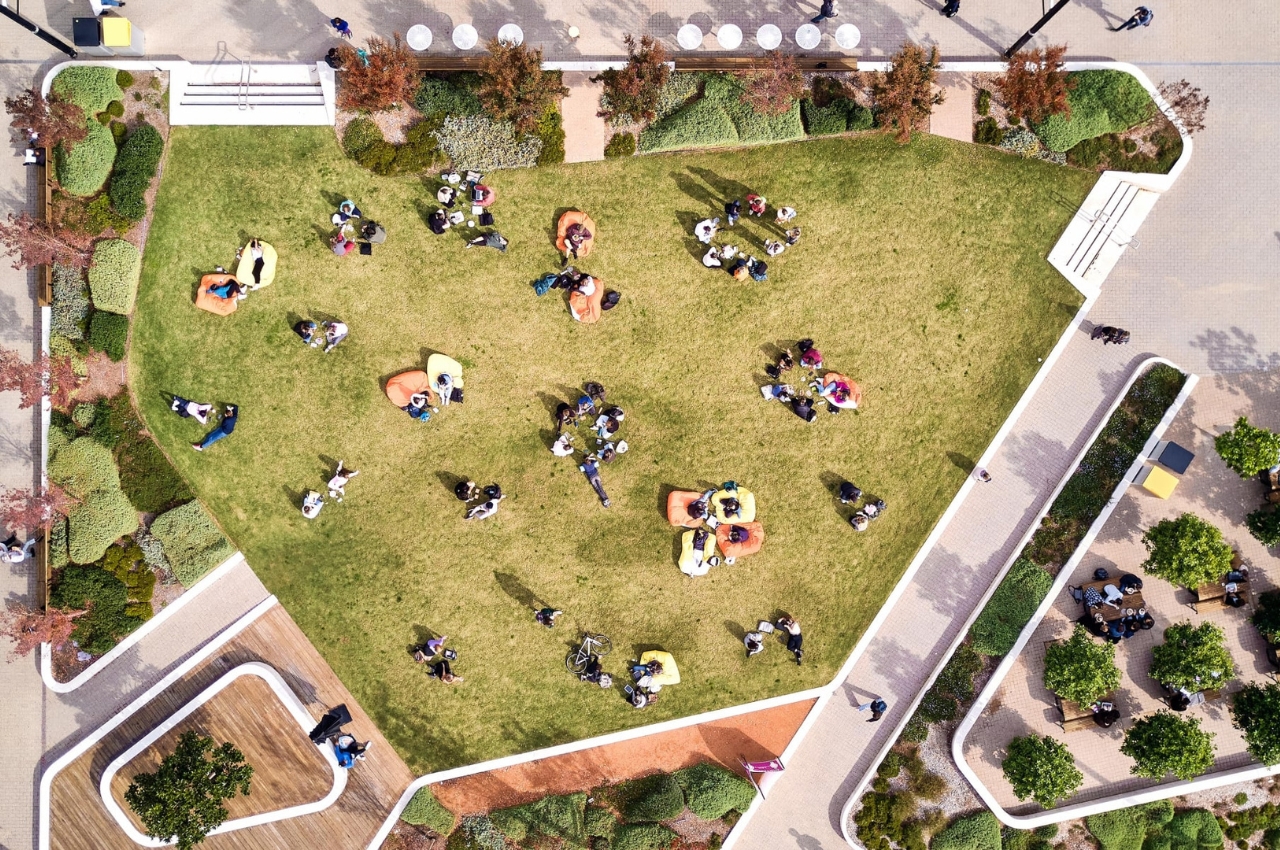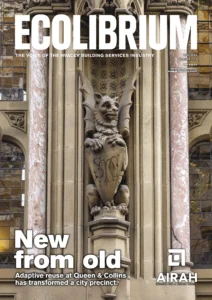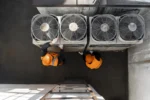Hire education

Industry often bemoans the fact that fresh engineering graduates are not prepared for HVAC&R work. AIRAH’s members in the ACT are doing something about it.
What does a typical university student learn about HVAC&R in a mechanical engineering degree? Not enough, according to industry. Apart from some units on fluid dynamics and heat transfer, students don’t get much exposure to our world, and face a steep learning curve when they arrive in the sector.
But universities are aware of the need for closer links between academia and industry, as evidenced by the recent dialogue between Australian National University and AIRAH’s ACT Division Committee.
Starting the conversation
ACT Division Committee Chair Adam McIntosh, M.AIRAH, says the conversation began in 2022 when he reached out to the university to volunteer an annual guest lecture connecting the HVAC industry with the engineering undergraduates. From there, he has maintained periodic catch-ups with the university to see how both AIRAH and the university can benefit from this connection.
At the ANU’s request, the ACT Division Committee has provided detailed feedback on the areas and skills that they believe could be improved for engineering graduates entering the industry.
“Students don’t get exposure to Australian Standards, for example,” says McIntosh. “The same goes for software commonly used in the industry, like CAMEL and REVIT, and the different types of equipment found in most buildings.”
“Then there’s the liaison and consulting skills – there could always be more emphasis on these skills in university, which would provide benefits both internal and external to the HVAC&R industry. And it could also be useful for students to learn about Australia’s energy and building landscape, especially in locations like the ACT where it is changing quickly as buildings look to turn off the gas and electrify.”
“Apart from some units on fluid dynamics and heat transfer, students don’t get much exposure to our world, and face a steep learning curve when they arrive in the sector”
Gradual graduate change
University courses can’t change overnight, but the feedback can be used to enhance existing units. And engineers working in the industry can give guest lectures. Indeed, some of the ACT Division Committee will be presenting at ANU in semester two this year, after providing a similar guest lecture in 2023.
Says McIntosh: “Among the rush of universities publishing academic papers and producing graduates, and the constant churn of the HVAC industry pursuing the next project while completing the last, relationships between the AIRAH and the universities are invaluable to ensure that the engineering profession is moving forward together.”

This article appears in Ecolibrium’s May 2024 edition
View the archive of previous editions
Latest edition
See everything from the latest edition of Ecolibrium, AIRAH’s official journal.




